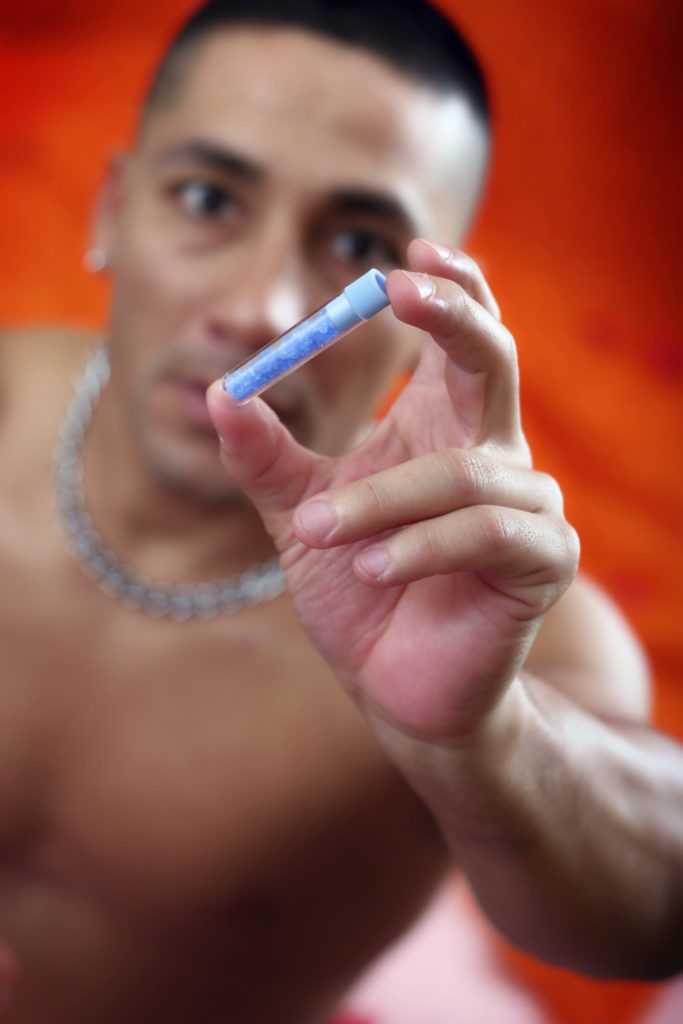The abuse of alcohol by underage drinkers has been problematic for many years due to the easy accessibility of the substance. Students who go off to college often get involved in social circles that invoke the pressure to drink in order to fit in with peers, and sadly the consequences that come from this can be dire. Maybe this is why the government has decided to implement tougher laws for underage drinkers. According to a recent study, which was funded by the Substance Abuse Policy Research Program, the harsh enforcement of state laws that make it illegal to possess or purchase alcohol if under the age of 21 has caused an 11% decrease in the number of alcohol related traffic accident deaths among youths. Many times, underage youths will use a fake ID to try and get into bars or parties with their friends. This is especially popular during the first few years of college. A select few states that have robust fake ID laws have been toughening the monitoring of these fake IDs in recent years and because of this, these states have experienced a 7% drop in alcohol-related car fatalities for youths under 21. Although it’s not really a problem per se, the drinking legislation and fake ID rules vary by state, meaning that the percentage of accidents relating to youths and alcohol may be much higher in one state than in another. But it is up to the state to decide how many legislative options to enforce against underage drinking. As required by the federal law passed in 1984 that rose the legal drinking age to 21, all states have enforced at least two core laws that make alcohol possession and consumption illegal for those under 21. Some states however have gone even further to help prevent the consequences that can come from underage drinking and have implemented additional measures to discourage this behavior including lowering the BAC, or blood alcohol content driving thresholds. Underage drinking is an extremely difficult situation to keep a handle on because youths can access alcohol from a number of different sources including friends, family and even some businesses thus creating a platform that could possibly lead to alcohol addiction, health issues, or even death. It is uncertain whether or not all underage drinking can be prevented with time, but author James Fell, senior program director of traffic safety and enforcement programs with the Pacific Institute for Research and Evaluation believes that this report on underage drinking came at the right time.
“I think the timing of this report is very good, because there are several states that are currently considering legislation to actually lower the drinking age back down to 18, either for the military or for all citizens. And this research shows that while the laws we now have cannot totally prevent underage drinking and driving, they are effective and do reduce it.”
For more information about drug and alcohol treatment, please visit The Right Step today!






